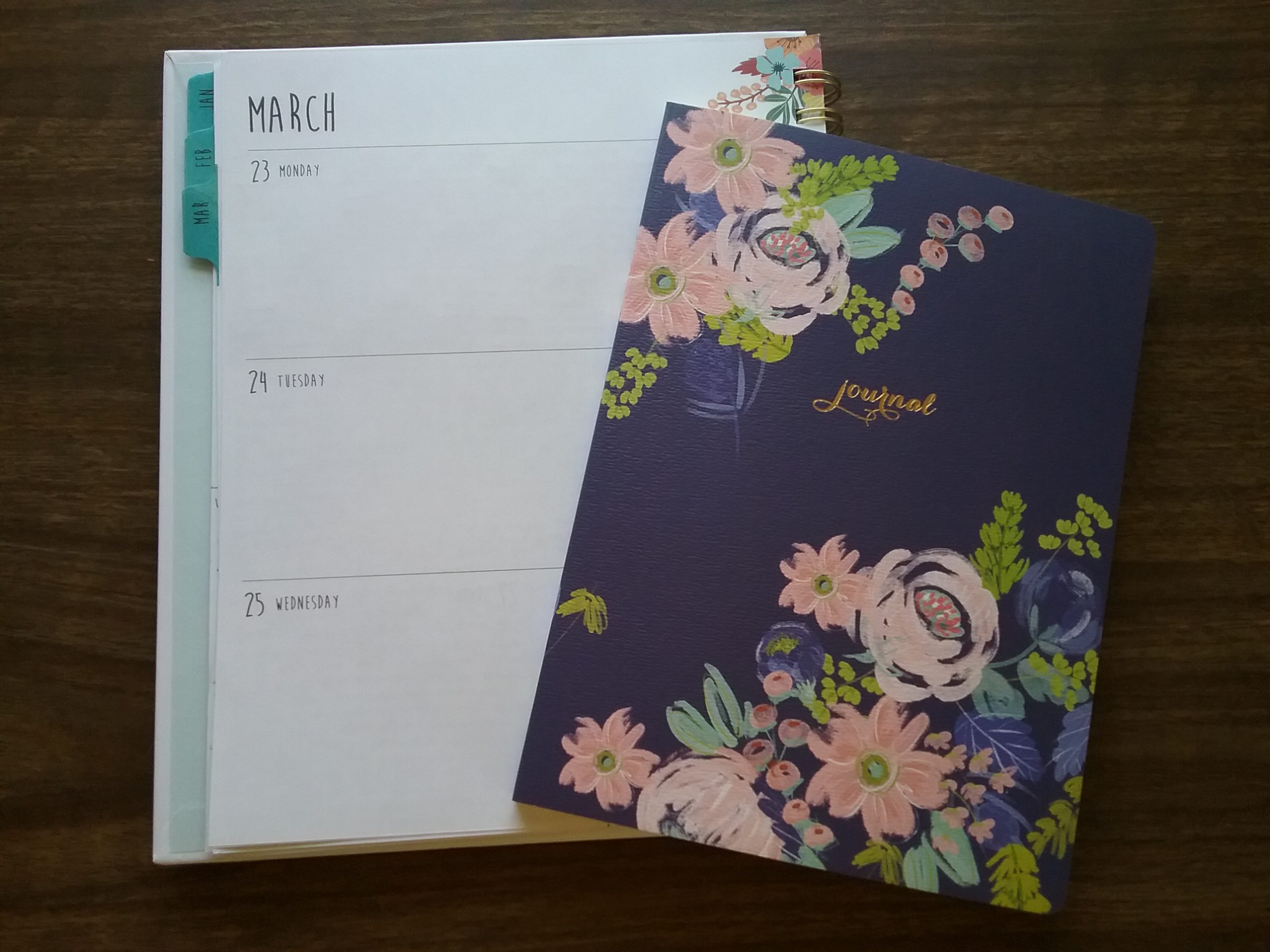
As I do museum work from home, I mentioned to my husband how surreal this situation is … being mostly home-bound in order to slow down the spread of the novel coronavirus (COVID-19). Within the span of a few days, all of our habits have changed.
Many of us are trying to use new technology and form new routines while staying in touch with co-workers and colleagues and continuing to serve our customers and meet our missions. Meanwhile, those who are providing essential services, like healthcare and social service workers, grocery store stockers and clerks, package delivery workers, and others are risking their own health to keep the basics in society operational.
In short, we’re all going through a lot right now and facing loads of uncertainty with the pandemic. Not least of which is wondering how long our stash of toilet paper will last. 😉
As we are sliding into hunker-down mode, a number of historians (including me) got to thinking about how we can document this time of COVID-19. We, along with the general public, recognize that we are living in a truly life-changing historic moment. There will be news and government sources documenting many of the public aspects of the pandemic and these will likely end up in some sort of archive or museum, one that is probably digital given how much happens online today.
Historians will use these sources to piece together the larger context of what happened during the COVID-19 pandemic, but we also need stories from individuals, the personal accounts of what it was like to live through this time.
In order to gather this personal history, I echo the Douglas County Historical Society in suggesting that people keep a journal of their experiences related to COVID-19.
Keeping such a journal does not need to be a complicated process. You can use a blank notebook to record your thoughts, dating each entry. If a blank notebook with all that space seems daunting and you want to write a minimal amount, use a calendar notebook that has pre-dated but limited space, like the one pictured in the photo above. You can also keep a journal as a document in your computer, though it’ll be easier for historians to access if it is printed.
If you’ve got children at home due to schools being closed or have multiple people living in your household, you can create a shared COVID-19 journal, with each person taking turns making entries. Just have each person write their name with their entry.
In creating a COVID-19 journal for history’s sake, think like a future historian. What would they want to know about this time?
Include the following critical items in your journal:
- Your name and the names of others contributing to the journal if there’s more than one person
- Your location (city, state/province, country)
- Dates for each entry – full dates with month, day, and year are best
Aside from these items, which provide the necessary context for future historians, you can write about …
- Whatever is on your mind about the pandemic (including how you feel about it),
- Your observations about what is happening in society as a result of the pandemic (like people buying up all the hand sanitizer, bleach, toilet paper, and, the latest, flour, or the financial markets taking a dive, or people losing their jobs),
- Your symptoms if you happen to get sick and have the energy to do so,
- The symptoms of others if they get sick,
- How you are altering your habits, work life, and living arrangements to cope with the situation,
- The new ways you are learning to socialize, including the technology you use to keep in touch,
- How you are passing the time if you don’t have a lot of work to do (new hobbies picked up, old hobbies renewed, etc.),
- How you are coping with having children home (if this is your situation),
- How your pets are coping with having you home,
- How you are helping others (checking in on relatives, serving in an essential service capacity, etc.),
- How you are coping emotionally with social isolation and fear related to the pandemic (if you use humor to cope, including gallows humor, make note of it – don’t let people in the future assume we’re all puritanical saints)
- Anything else you want to write about.
If you need additional ideas on what to write about in your COVID-19 journal, check out the Douglas County Historical Society’s Self-History Interview questions.
There is no right or wrong way to keep a journal related to historical events. The primary importance of journaling through the COVID-19 experience is to assist your mental health during a stressful time. If you want your journal to be used by historians in the future, try not to be too cryptic in your entries. Explain things as fully as you can so that historians can understand the situation.
Hang on to your journal for years after the pandemic to serve as a reminder of what you’ve been through. When you are ready to pass it on as a historical document, find a history organization you have a connection to and offer it for their collection.
Your COVID-19 journal will show people in the future that humanity responds with resilience to challenging situations.


This sounds fun!